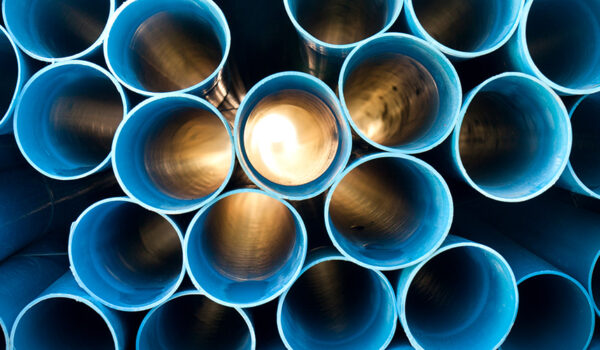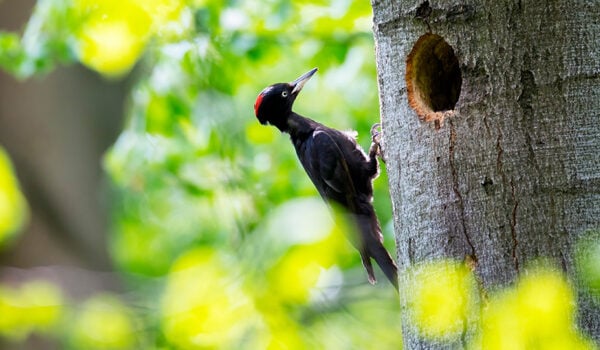
Strengthening the integrated approach of holistic impact assessments for Safe and Sustainable by Design plastic value chain
ANALYST aims to accelerate the transition towards a safer and more sustainable industrial value chain while encouraging and expanding the existing knowledge on the safe and sustainable by design (SSbD) framework.
The project implements robust and consistent methodologies and guidelines for integrative health, environment, social, and economic impact assessments of PVC materials at the EU and global scale.
ANALYST will develop an open platform intended to embed both the digital multi-criteria decision-making support tool (DMDMS) and a large number of resources (results of the validation program, training actions and materials and other dissemination and communication resources). The DMDMS uses an own-generated cohesive and interoperable database that combines different data sources.
ANALYST also comprises a validation program, with 3 different use cases covering the whole PVC value chain, namely Suspension-PVC (flexible), Emulsion-PVC (flexible) and Suspension-PVC (foamed rigid), of the automotive and construction sectors.
The goal is to support impact-based informed investment decisions, the SSbD framework, and the implementation of policies for future chemicals and materials through an improved understanding of potential sustainability trade-offs.
All in all, ANALYST will support the New Industrial Strategy for Europe, the Circular Economy Action Plan, and the Chemicals Strategy for Sustainability (CSS) while fully aligning with the European Commission's Green Deal for cleaner and more climate-neutral industrial value chains.








